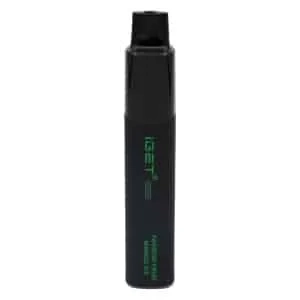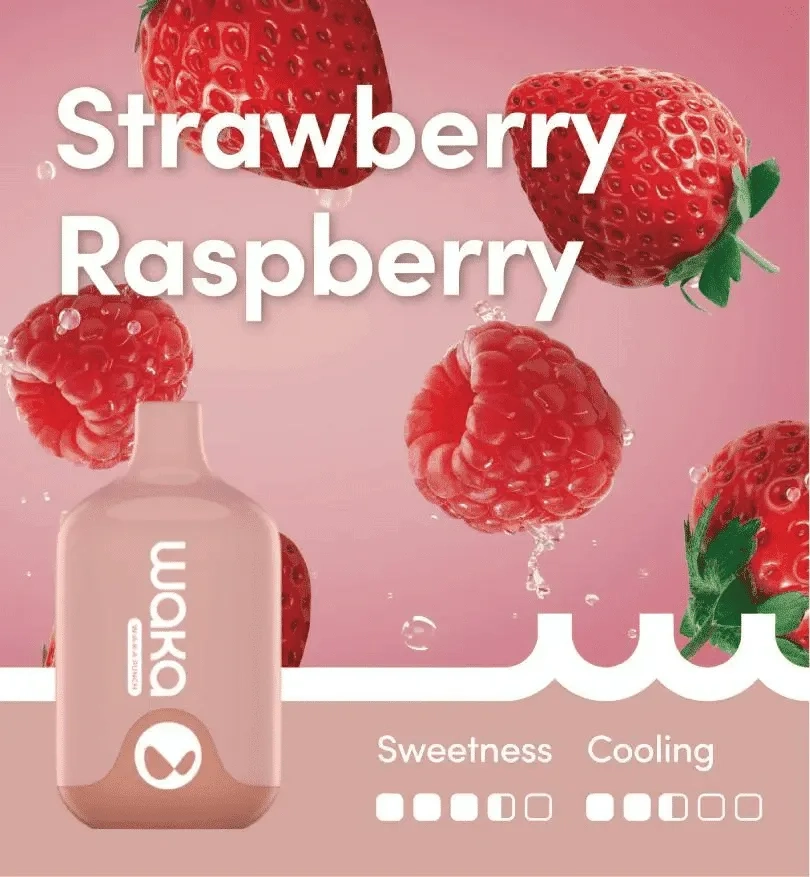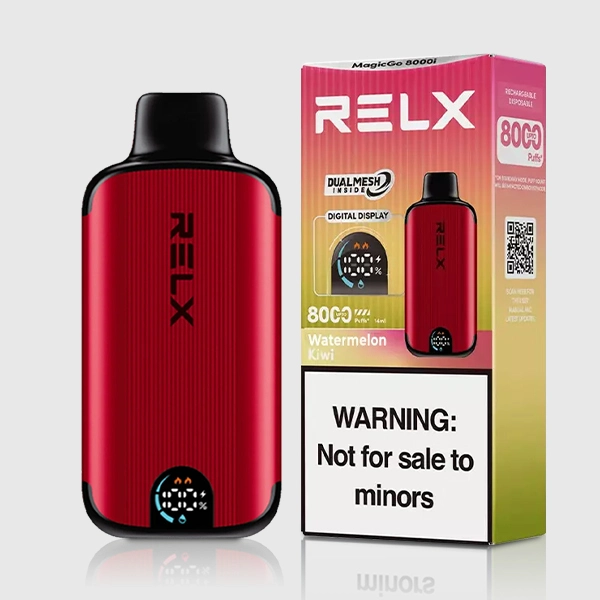Vape DFO Australia: Best Stores, Prices & Legal Guide 2025
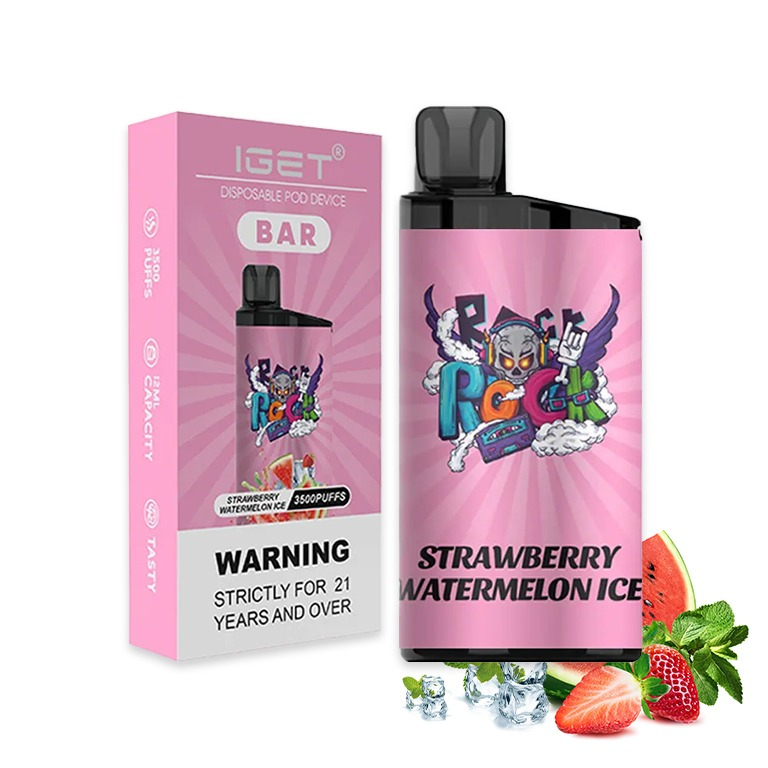
Article Overview
- DFO vape stores offer average savings of 25% compared to high-street retailers
- Nicotine vaping products require a valid Australian prescription at all DFO outlets
- Major DFO locations now feature dedicated vape clearance sections
- 2025 sees expanded range of TGA-approved devices at DFO stores
Introduction & Definition
Vaping has become a popular alternative to traditional smoking in Australia, with a growing number of users turning to vape devices for a more customisable and often less harmful experience. A vape, or electronic cigarette, is a battery-powered device that heats a liquid (e-liquid or vape juice) to produce an inhalable aerosol. Unlike traditional cigarettes, vapes do not burn tobacco, reducing exposure to harmful tar and carbon monoxide.
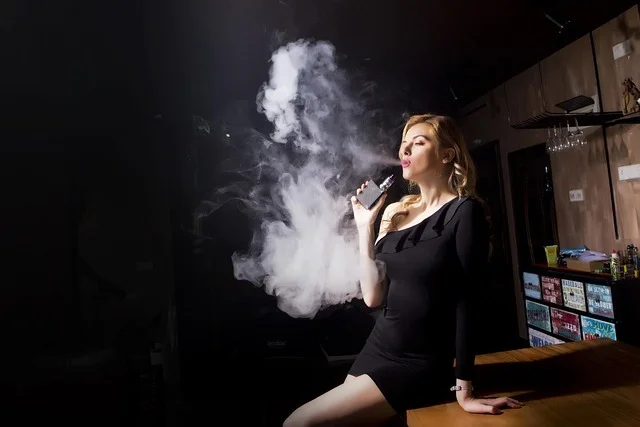
In Australia, vaping regulations are strict, with nicotine-containing e-liquids requiring a prescription since October 2021. However, nicotine-free vapes remain widely available in specialty stores across major cities like Melbourne, Sydney, Brisbane, and Perth. The Australian market offers a diverse range of products, from disposable vapes to advanced mod systems, catering to both beginners and experienced users.
Prices for vape products vary significantly based on type and quality. For instance, disposable vapes can cost as little as AUD $10–$25, while advanced mod kits may range from AUD $50–$200. Popular options like the how much do vapes cost in australia
As of 2025, the Australian vaping market continues to evolve, with increasing demand for discreet and portable options such as weed vape pens
Market Comparison & Analysis
The Australian vape market has seen significant growth in recent years, with an estimated 1.2 million regular vapers as of 2025. Despite strict regulations, the industry thrives, particularly in metropolitan areas where vape shops and online retailers cater to a diverse customer base.
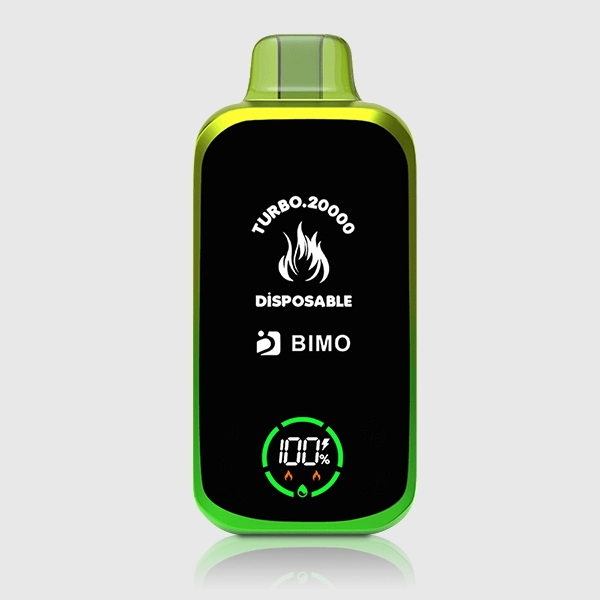
Regional Market Trends
Sydney and Melbourne dominate the vape retail landscape, hosting the highest concentration of specialty stores. In Sydney, suburbs like Surry Hills and Newtown are hotspots for vape enthusiasts, while Melbourne’s CBD and Brunswick areas boast a thriving vape culture. Brisbane and Perth follow closely, with increasing demand for vape shops near me
Australian vapers pay a premium compared to some international markets due to local taxes and regulations. Here’s a breakdown of average prices in 2025:Price Comparison
User Experience & Case Studies
Australian vapers have diverse experiences based on their location, device preferences, and reasons for vaping. Here are some real-world insights from users across the country:
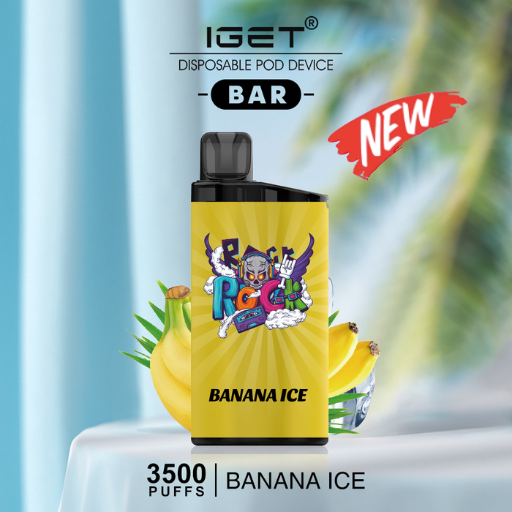
Case Study 1: The Sydney Commuter
James, 28, Sydney: “I switched to vaping to quit smoking during my daily train rides. The weed vape penAUD $50 weekly on pods and juice from my local shop in Newtown.”
Case Study 2: The Melbourne Cloud Chaser
Lisa, 34, Melbourne: “As an experienced vaper, I invest in high-end mods for cloud production. The Melbourne vape community is huge—we even have meetups in Fitzroy. I buy most of my gear online though, using vape delivery Melbourne
Tom, 22, Brisbane: “I’m a student, so I stick to affordable disposables. At AUD $20 each, they last me a week. The how much do vapes cost
These stories highlight how vaping fits into different Australian lifestyles, from harm reduction to hobbyist enjoyment. While experiences vary, accessibility remains a common theme, with local shops and online retailers playing crucial roles.Case Study 3: The Brisbane Budget Vaper
Purchase Guide & Recommendations
Navigating Australia’s vape market can be challenging due to varying regulations and product options. Here’s a concise guide to making informed purchases in 2025:
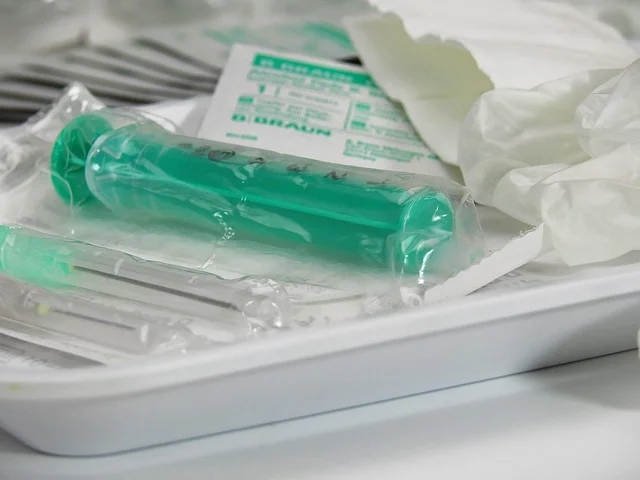
Where to Buy
- Specialty Vape Shops: Found in major cities, these offer expert advice and product testing. Use vape shops near me
- Online Retailers: Often provide better prices and wider selections. Look for Australian-based sites like Vape Warehouse
- Convenience Stores/Tobacconists: Typically stock disposable vapes and basic kits, but selection may be limited.
- Online Retailers: Often provide better prices and wider selections. Look for Australian-based sites like Vape Warehouse
What to Buy
Consider these 2025 top picks for Australian vapers:
- Beginners: Starter pod kits (AUD $40–$80) or disposable vapes (AUD $15–$30
- Intermediate Users: Refillable pod mods (AUD $60–$120)
- Advanced Vapers: Customizable box mods (AUD $100–$250)
- Discreet Users: Weed vape pens
Legal Considerations
Remember these key Australian regulations:
- Nicotine vapes require a prescription (state laws may vary)
- Importing nicotine without a prescription is illegal
- Vaping laws differ by state—check local restrictions
For convenience, many Australians opt for services like vape delivery
❓ Frequently Asked Questions
1. How much do vapes cost in Australia in 2025?
As of 2025, disposable vapes in Australia typically range from $15-$40 AUD depending on brand and nicotine content. Refillable starter kits cost $50-$150 AUD. Note that all nicotine vapes require a prescription under Australian law.
2. Is vaping legal in Australia?
Vaping nicotine is only legal with a doctor’s prescription. All states prohibit vaping in smoke-free areas. The importation of nicotine vapes without a prescription was banned in 2024 under TGA regulations.
3. How does vaping compare to smoking in Australia?
While considered less harmful than smoking, vaping still carries risks. The Australian Department of Health states vaping is only recommended as a smoking cessation tool under medical supervision. Quitting altogether remains the healthiest option.
4. Where can I legally buy vapes in Australia?
Pharmacies are the only legal retail outlets for nicotine vapes (with prescription). Some specialty stores sell nicotine-free vapes, but these are being phased out under 2025 regulations.
5. What’s the penalty for vaping without prescription?
Fines vary by state but typically range from $200-$2000 AUD for personal use. Commercial supply without license can attract penalties up to $220,000 AUD under the Therapeutic Goods Act.
6. Are there any approved vape brands in Australia?
As of 2025, only TGA-approved nicotine vaping products can be prescribed. These include brands like Nicovape and QuitGo. All must meet strict quality and safety standards.
How To Legally Vape in Australia
- Consult your GP – Discuss vaping as a smoking cessation option
- Obtain prescription – Valid for 12 months under 2025 regulations
- Purchase from pharmacy – Present your prescription and photo ID
- Follow usage guidelines – Use only as directed by your doctor
- Dispose properly – Vapes contain lithium batteries and must be recycled at approved centers
About the Author
Dr. Sarah Chen, is a Sydney-based public health specialist with 12 years’ experience in tobacco harm reduction. As a member of the Royal Australian College of General Practitioners, she has contributed to national vaping policy development and regularly advises the NSW Ministry of Health on smoking cessation strategies.
